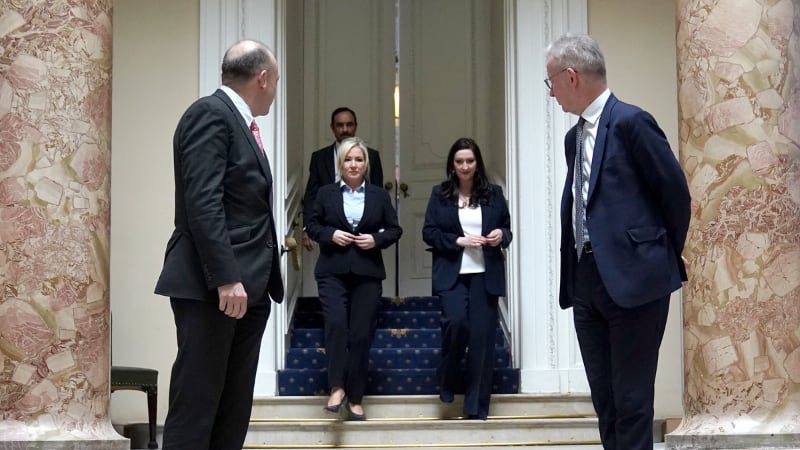In 1987 the Rainbow Alliance, a group linked to the Monster Raving Looney Party, proposed a devolved federation of Wales, Ireland, Scotland and England to be known as the WISE Islands.
It is hard not to see shades of this eccentricity in the East-West Council, created by the government for the DUP under January’s Safeguarding the Union deal. However, there is something a little more serious going on.
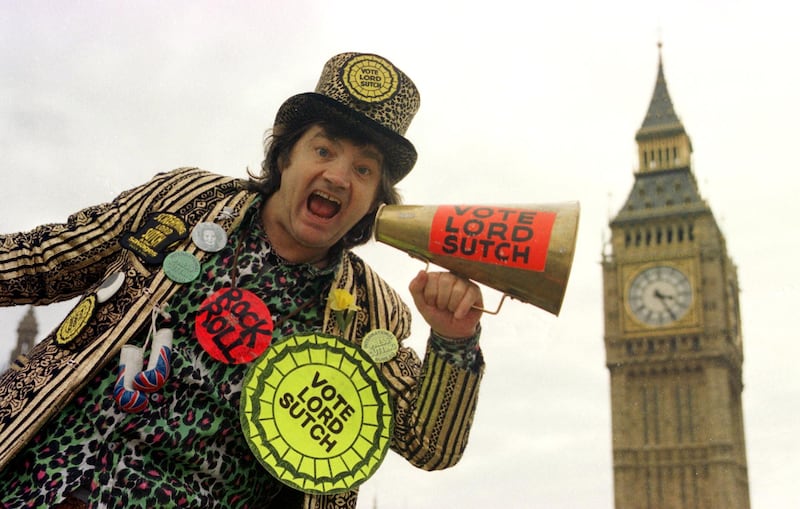
Surprise has been expressed that Sinn Féin attended the first meeting on Tuesday. Why would nationalists indulge a body with an explicitly unionist purpose?
We may assume an understanding between the DUP and Sinn Féin to get the restoration of Stormont off to a smooth start. The DUP has told unionist voters the council is an important concession for accepting the Windsor Framework. It would be dead on arrival without Sinn Féin’s acquiescence, due to the joint nature of the first ministers’ office.
Sinn Féin had options to let Tuesday’s meeting proceed while signalling reservations or open contempt, such as by sending only a token representative. Instead it embraced the occasion, with Michelle O’Neill leading a ministerial team.
This was good politics: if you have to do something, do it well; if you have a chance to be seen to lead, take it. Joint office or not, there is a difference in the optics of appearing as first rather than deputy first minister.
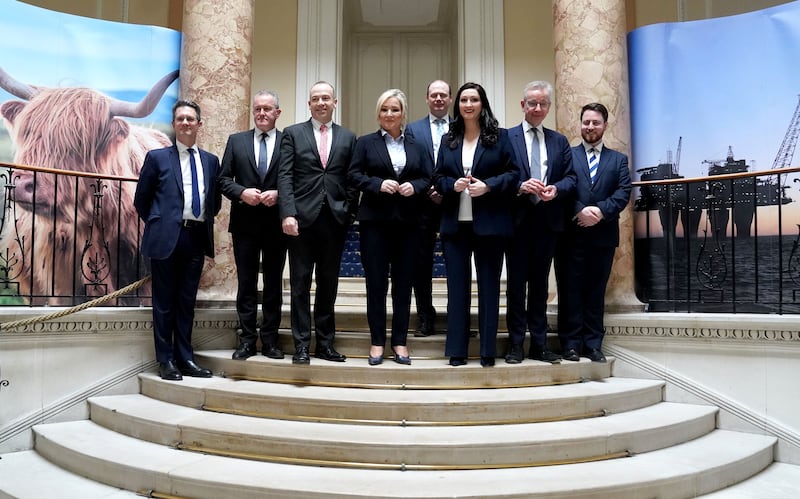
Another nationalist party was even more enthusiastic. The SNP has been keen on the council from the outset, telling a Commons debate last month it “potentially opens up a space in which Scotland and Northern Ireland can co-operate, along with other parts of the UK... irrespective of whatever constitutional arrangements may be in place in future”.
Concerns have been expressed about the council duplicating or clashing with the east-west bodies of the Good Friday Agreement, in particular the British-Irish Council. But all those bodies involve the Republic and nothing in the Agreement prevents the UK talking to itself.
A clearer example of stepping on the Agreement’s toes was the “All-Ireland Forum” proposed in 2016 by Taoiseach Enda Kenny to handle the fall-out from Brexit. This would have duplicated the North-South Ministerial Council. Ironically, the proposal was dropped because the DUP would not support it.
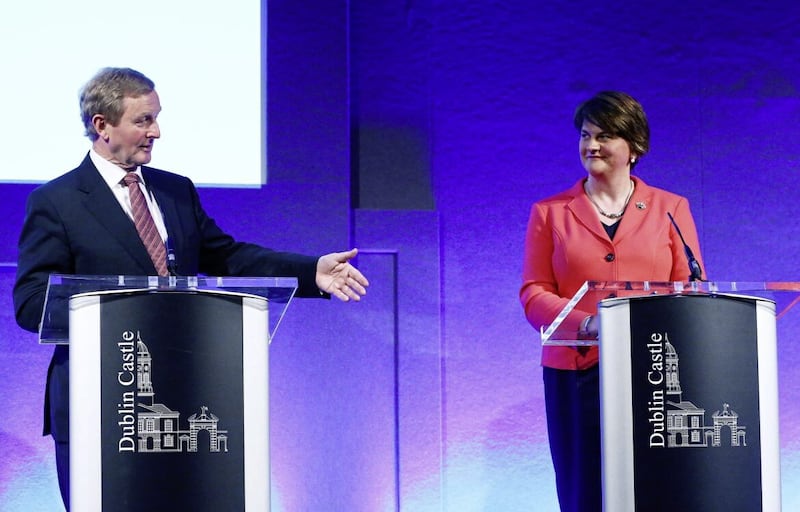
What should concern the DUP today is how the East-West Council duplicates existing arrangement for the UK to talk to itself.
The Joint Ministerial Committee (JMC) was set up in 1999 to “provide central co-ordination of the overall relationship between the UK and the devolved nations”.
This had features of an intra-governmental system, including a dispute resolution mechanism and sub-committees of ministers to discuss particular subjects.
It was supposed to meet regularly but eventually petered out through lack of attention in London.
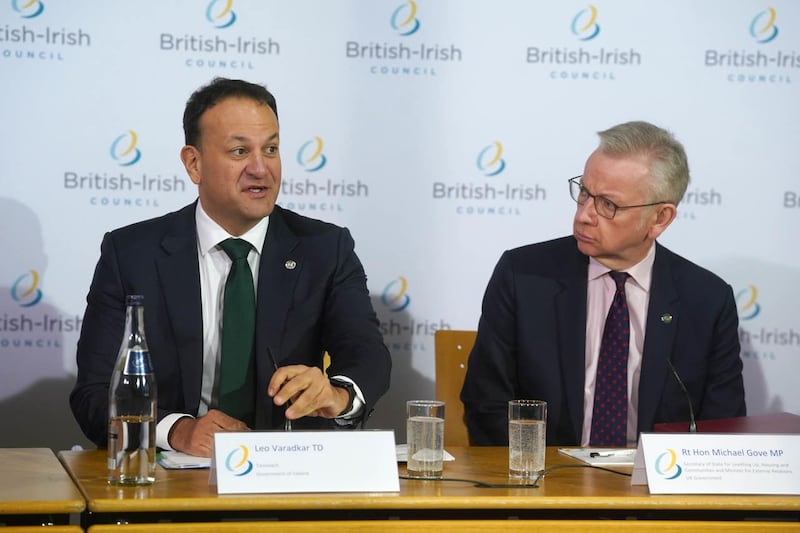
Theresa May tried to beef it up and relaunch it when she became prime minister in 2016. This was scuppered because Sinn Féin would not cooperate, in a mirror image of the DUP’s stance towards Enda Kenny.
Two years ago, following a major review, the JMC was replaced with a new system clumsily entitled the Prime Minister and Heads of Devolved Government Council. Let us call it the Devolved Council. It has more bells and whistles than the JMC, although its main improvement appears to be that London planned to take it more seriously.
The pandemic and Stormont’s collapse disrupted those plans. That could now change but the distraction of the East-West Council cannot help. If the DUP had not needed a win on the Windsor Framework it would have made more sense to focus on the new structure already there.
People who dismiss these bodies as talking shops overlook how much politicians love talking shops
The East-West Council is meant to be distinct because it is about the relationship between Northern Ireland and Britain, with an emphasis on business and education. Yet the involvement of Scotland and Wales turns it into another body of all the devolved regions, while the new Devolved Council has sub-committees on business and education.
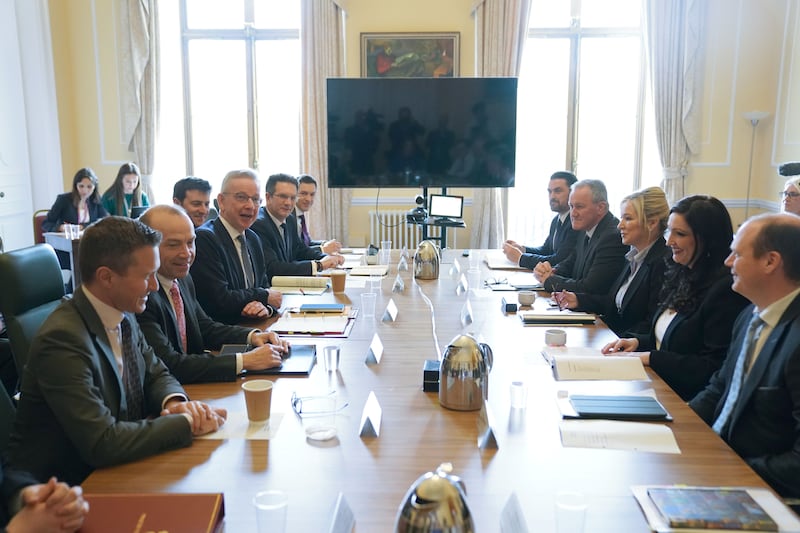
People who dismiss these bodies as talking shops overlook how much politicians love talking shops. There is a deeper need to address the imbalance of the UK’s devolution settlement, the “elephant and three Celtic fleas”, as former Welsh first minister Rhodri Morgan described it, hence why new systems keep being created.
So the East-West Council is not inevitably doomed. But setting up a talking shop beside a much larger and almost identical new talking shop is something even the Rainbow Alliance might have considered unwise.

